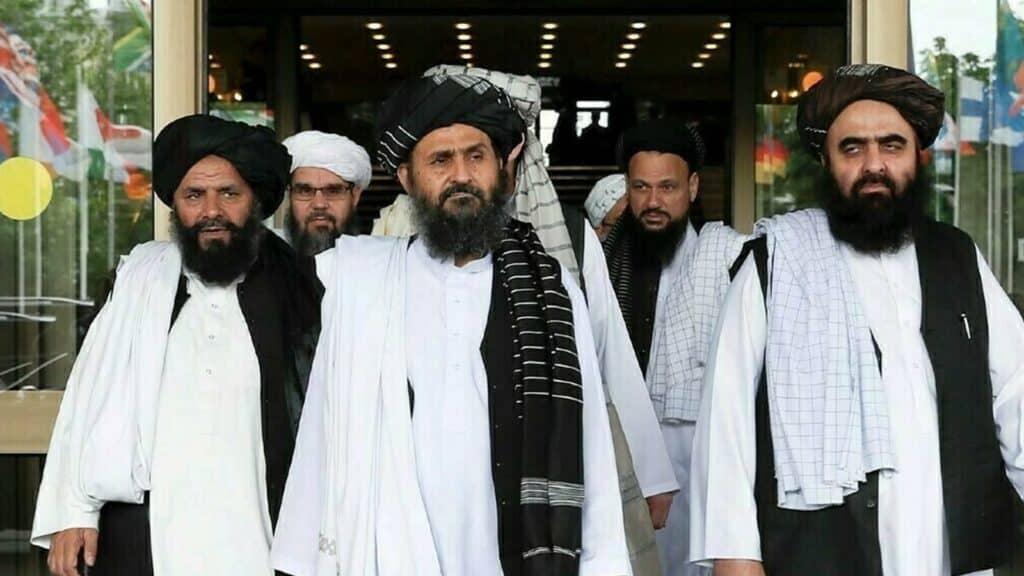The Taliban government’s latest move signals a sharp escalation in its authoritarian control over Afghan society, particularly the press. Pro-Taliban broadcaster “DariChah” reported that the Ministry for the Promotion of Virtue and Prevention of Vice had detained Abuzar Sarim Sarpolai, head of three media outlets.
The Taliban accused these media organizations of “spreading moral corruption” and “spying for foreign countries” — vague and unsubstantiated allegations often used by authoritarian regimes to crush dissent and independent journalism.
This development has further dashed any lingering hopes for press freedom or civic space under Taliban rule. Despite repeated promises made by the Taliban leadership after their return to power in 2021 — including assurances of media tolerance and respect for basic human rights — the reality has proven to be the exact opposite. Arbitrary arrests, censorship, and silencing of journalists have become routine.
Afghan citizens, who once hoped for a softer, more pragmatic Taliban regime, now face a government that is increasingly intolerant, secretive, and obsessed with controlling public narratives. The arrest of Sarpolai is not an isolated incident — it is part of a broader pattern of repression that has eroded even the most basic freedoms in Afghanistan.
As the Taliban continue to tighten their grip, the gap between their promises and their actions grows wider — and for many Afghans, the dream of a peaceful, inclusive, and free society now feels more distant than ever.





